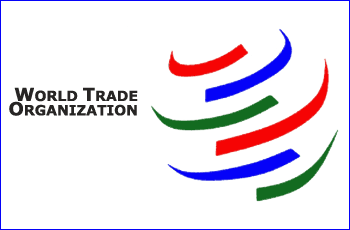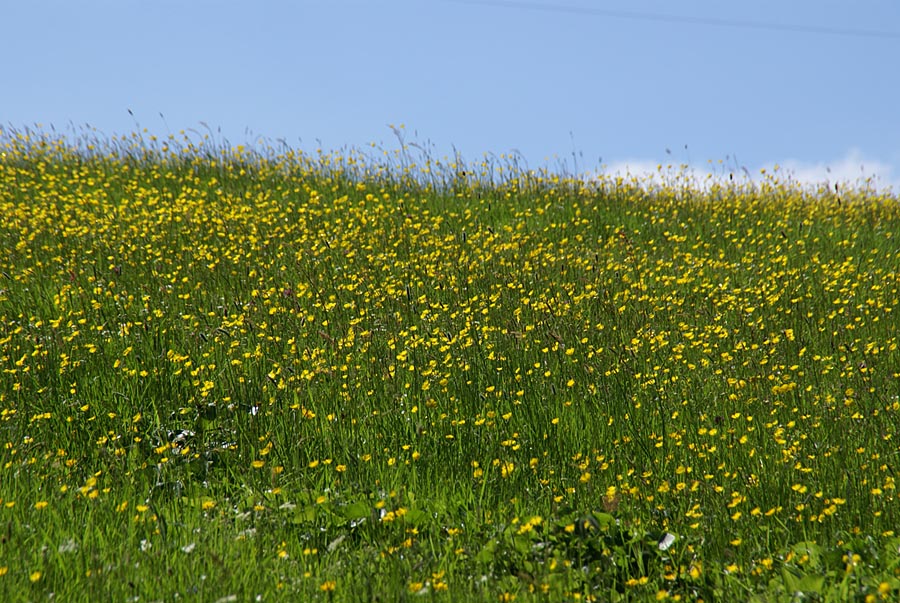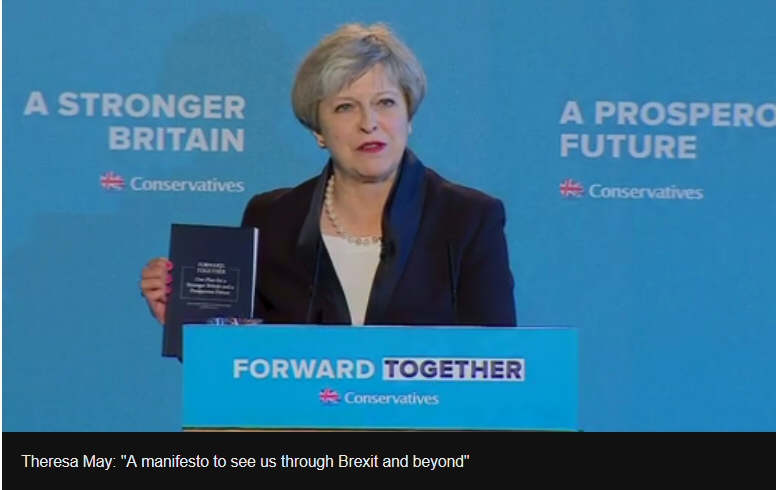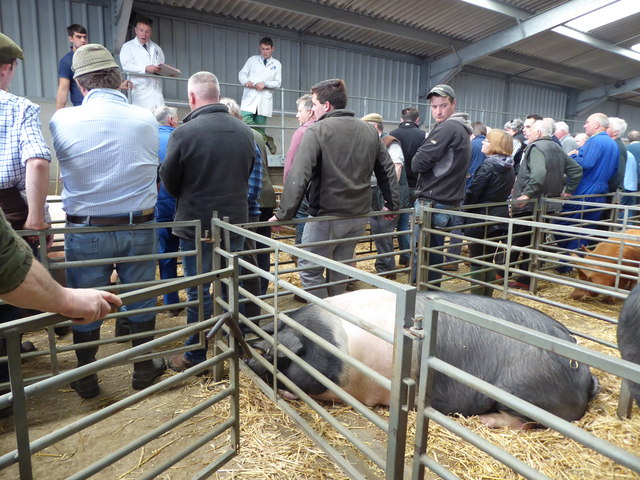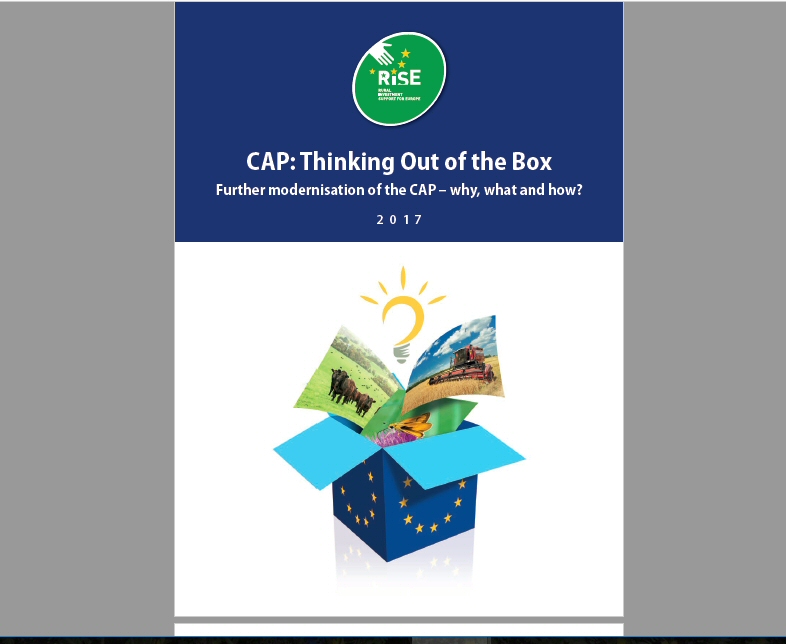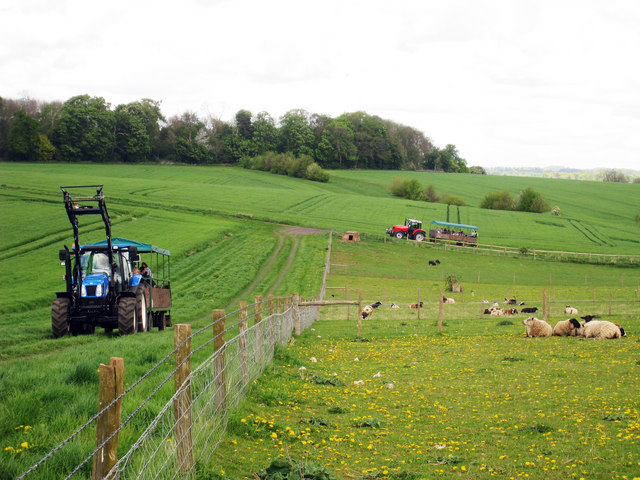The withdrawal of the UK from the EU (Brexit) will have a negative economic effect both for the UK but also for the EU. The size of these negative effects will depend, in part, on the nature of the future trade relationship that may be negotiated if the Article 50 negotiations on withdrawal are successfully concluded and, in part, on the nature of the transition arrangements, if any, that may be agreed to bridge the period between Brexit Day and the entry into force of a future trade agreement.
The UK government’s objective for the long-term relationship remains that set out in the Lancaster House speech last January, namely, withdrawal from the Single Market and from any type of customs union with the EU, but agreement on an ambitious free trade agreement.… Read the rest
EU-Brazil WTO proposal on domestic support
On 17 July last week the EU and Brazil, supported by Columbia, Peru and Uruguay, put forward a proposal at the WTO in Geneva in an effort to build momentum to reach agreement on revisions to agricultural domestic support disciplines and on a resolution of the public stockholding issue at the upcoming WTO Ministerial Council meeting in Buenos Aires in December (I will refer to this as the EU-Brazil proposal in what follows). This follows a similar joint initiative by these two WTO members to eliminate export subsidies in the run-up to the last WTO Ministerial Council meeting in Nairobi in December 2015, which resulted in the Nairobi Ministerial Decision on Export Competition.… Read the rest
How well are CAP direct payments linked to the supply of environmental public goods in agriculture?
We are pleased to bring you this guest post by Dr Alessandra Kirsch who recently completed her PhD thesis Politique agricole commune, aides directes à l’agriculture et environnement : Analyse en France, en Allemagne et au Royaume-Uni at the Université de Bourgogne Franche-Comté. Dr Kirsch did her research at the CESAER, INRA DIJON, France, under the guidance of Professor Jean-Christophe Kroll and Dr Aurélie Trouvé. Her work was financed by the French Ministry of Agriculture.
The evolution of the Common Agricultural Policy shows an increasing emphasis on environmental objectives since their first appearance in the Maastricht treaty in 1992. The research presented here was stimulated by an important contradiction in public discourse.… Read the rest
Avoiding the ‘cliff edge’: Immediate trade arrangements post-Brexit need to be given higher priority in Article 50 negotiations
The European Union, under the Commission’s lead negotiator Michel Barnier, has proposed to begin Brexit negotiations with the United Kingdom on June 19th next following the latter’s general election. Based on the European Council’s guidelines on the EU’s objectives for these negotiations, detailed negotiating directives have been agreed by the General Affairs Council. The Commission’s Task Force on the Article 50 of the Treaty of the European Union (TEU) negotiations has also begun to prepare draft position papers, beginning with two on essential principles of citizens’ rights and essential principles on financial services.
This level of preparedness on the EU side for the forthcoming negotiations contrasts sharply with the impressions we have of the UK side.… Read the rest
EU farm incomes in 2016
It is frequently asserted in Brussels agricultural policy discussions that European farmers over the past few years are barely surviving, buffeted by unprecedented price collapses, the unwillingness of supermarkets to pay decent prices, the closure of external markets and tightening regulations. Commissioner Hogan spent much of the first half of his term of office bringing forward one emergency financial package after the other as taxpayers pumped more money into a sector supposedly on its last legs.
This picture of an industry in crisis is naturally promoted by the well-oiled publicity machine maintained by the farm lobbies in Brussels and national capitals.… Read the rest
What the UK Conservative Party manifesto says about Brexit
Given that Mrs Theresa May seems certain to be returned as UK Prime Minister with a greatly increased majority after the UK General Election on 8 June next, it is worth paying particular attention to what the Conservative Party manifesto which was launched yesterday has to say on Brexit issues in general and trade, immigration and agricultural issues in particular.
The manifesto actually has little new to say on these topics, with the exception of a new promise to extend agricultural support at current levels to the end of the next parliament, i.e. 2022 compared to the current commitment to maintain support at current levels to 2020.… Read the rest
Does capping direct payments make sense?
CAP Pillar 1 direct payments were originally introduced to compensate farmers for the reduction in intervention support prices following the MacSharry reforms in 1994. This was an important and necessary step to help farmers adjust to a new economic situation. However, assistance for adjustment should only be temporary. As the years have passed, the argument that direct payments are intended as compensation payments has become less and less credible. As result, a number of alternative rationales for the continuation of Pillar 1 direct payments have been proposed.
These payments are variously justified as addressing low farm incomes, as a necessary support for EU food security, as providing a safety net for farmers against unexpected market shocks, as compensating for higher regulatory standards and as ensuring more sustainable management of natural resources.… Read the rest
Promoting rural jobs through the CAP
In a previous post, I discussed trends in agricultural employment and the impact of CAP policies on these trends. I noted how policy-makers are asking whether EU agricultural policy could do more, or be more effective, in contributing to job creation. Last year the European Parliament passed a resolution on how the CAP could improve job creation in rural areas. The issue will also be raised in the Commission’s Communication on modernising and simplifying the CAP which is expected towards the end of this year.
In this post, I discuss the role that the CAP could play in promoting jobs.… Read the rest
CAP – out of the box thinking
Last Monday saw the launch of a report “CAP – thinking out of the box” by the Rural Investment Support for Europe (RISE) Foundation. The report director was Allan Buckwell and the other contributors to the report are Erik Mathjis, David Baldock and myself. The report is a response to the public consultation on the modernisation and simplification of the CAP launched by Commissioner Phil Hogan in February.
Below, I reproduce a short summary of the key messages of the report.
… Read the restFurther adaptation of the CAP is necessary to help EU farming become a well-structured industry which is economically viable and environmentally sustainable.
Does the Basic Payment make farmers lazy?
The provocative title of this post was prompted by a tweet in my Twitter timeline (@xAlan_Matthews) which told how a farm speaker at a meeting the tweeter had attended had said he/she was frustrated by how many farmers do not manage their farms as businesses and that the Basic Payment makes some lazy.
I do not want to make moral judgements about anyone’s conduct but it is, indeed, an interesting question to ask how the CAP support system affects farmers’ individual behaviour. It is, of course, well known that farmers’ decision-making is often motivated by reasons other than rational profit-maximising behaviour.… Read the rest

